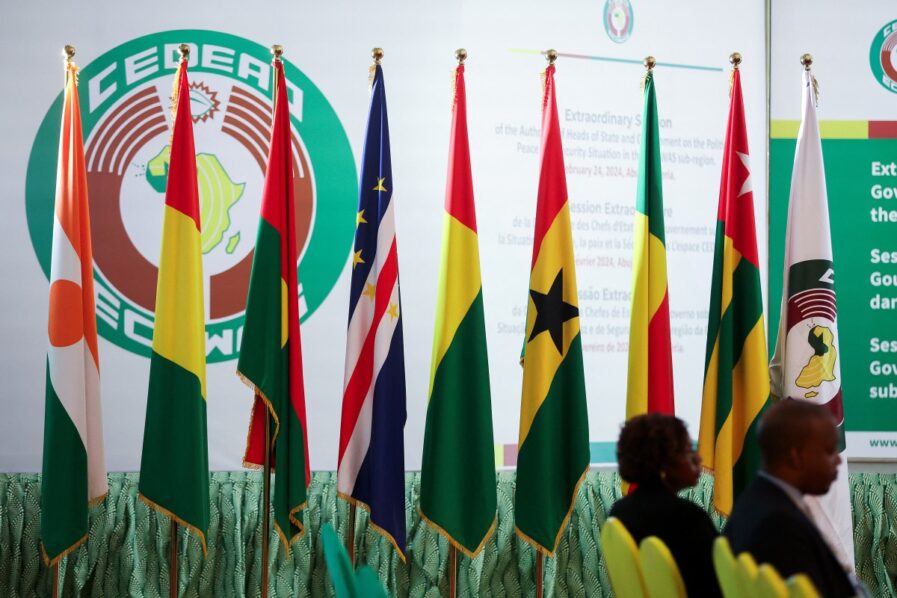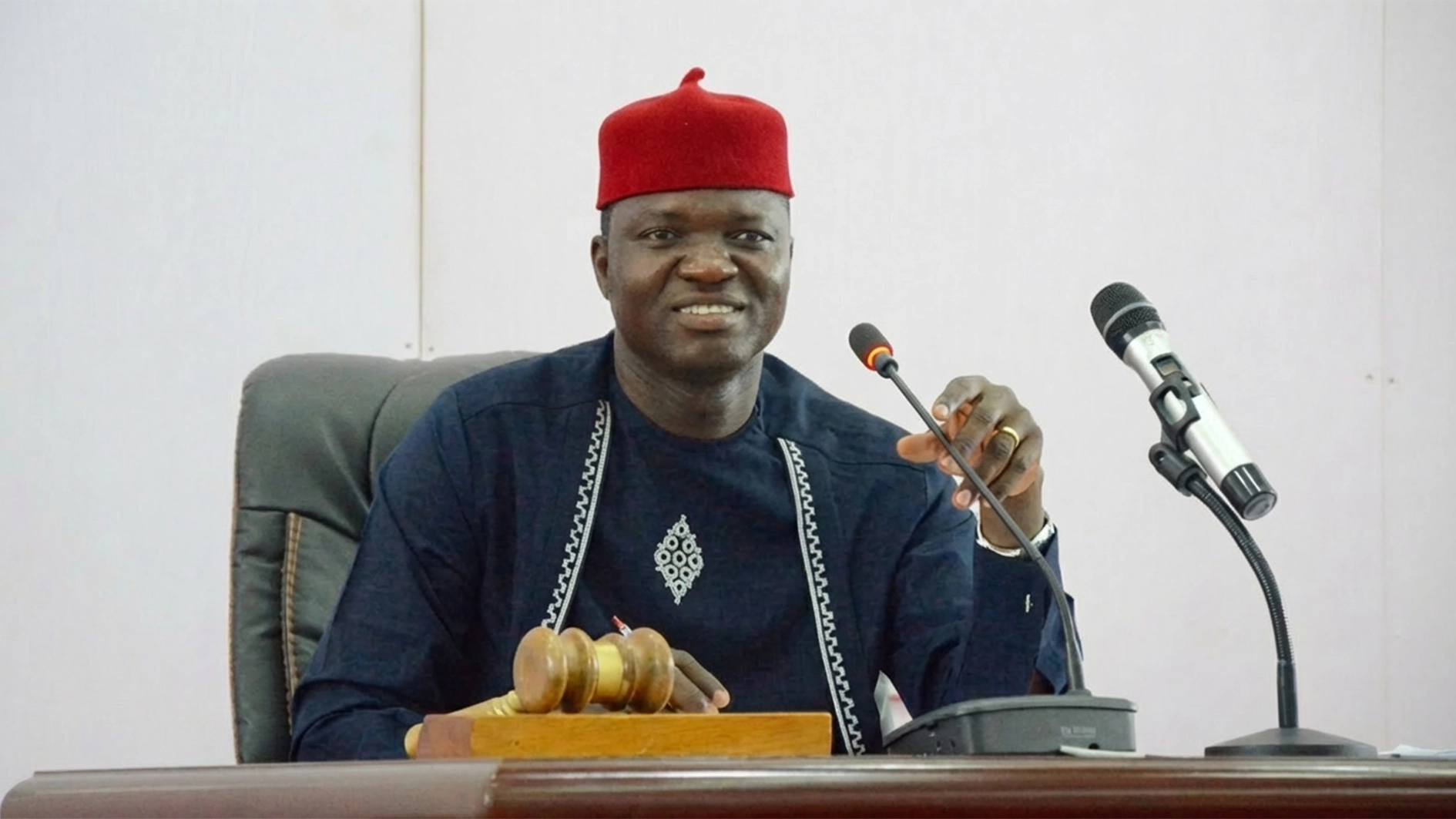
The search for an enduring solution to the challenges facing the Economic Community of West African States (ECOWAS) gained momentum recently, when a roundtable conference was held in Abuja, the Nigerian capital.
The forum was organised by Gusau Institute, a think tank that seeks, through research, to initiate programmes for the enhancement of peace, security and development.
The roundtable created a forum for high-level stakeholders to engage in dialogue, addressing these critical issues and exploring cooperative solutions.
The hybrid event featured both in-person and virtual participation. The session commenced with opening remarks and statements from Gen. Yakubu Gowon, the only surviving founding member of ECOWAS, and three former presidents, namely, former president Olusegun Obasanjo, former president Ibrahim B. Babangida, and former president of Ghana, John Kufuor.
Gowon attended in-person, while the three other former heads of state participated virtually. Discussions followed and the Chatham House Rule (which ensures anonymity of speakers) was applied to promote an atmosphere of open and candid dialogue. Forty-six participants were in attendance, including the four former heads of state.
Invoice Templates for Google Docs
There were speakers from Senegal, Algeria, Ghana, South Africa, The Gambia and Kenya. Also in attendance was a strong delegation from the ECOWAS secretariat, led by Ambassador Abdel-Fatau Musah, Commissioner for Political Affairs, Peace and Security.
The meeting focused on discussing challenges and opportunities within ECOWAS as it approaches its 50th anniversary, with participants emphasising the importance of unity, dialogue, and regional integration. Key topics included addressing security threats, engaging youth, and leveraging economic instruments to foster development in West Africa. The participants expressed optimism for ECOWAS’s future while acknowledging the need for reforms and stronger leadership to navigate current crises and promote sustainable growth in the region.
Gowon, the last surviving founding member of ECOWAS, reflected on the organisation’s history and current challenges as it approaches its 50th anniversary. He emphasised the importance of dialogue and unity, advising against the use of force or sanctions against member-states.
Gowon acknowledged the recent withdrawal of Mali, Burkina Faso, and Niger but remains optimistic about ECOWAS’s future, stating that the organisation is not dead.
He encouraged continued engagement with the departed members. He suggested inviting these countries to the 50th-anniversary celebration, hoping for their eventual return to the fold.
Dr. Mohammad Ibn Chambas and Ambassador Usman Sarki were co-Chairmen.






